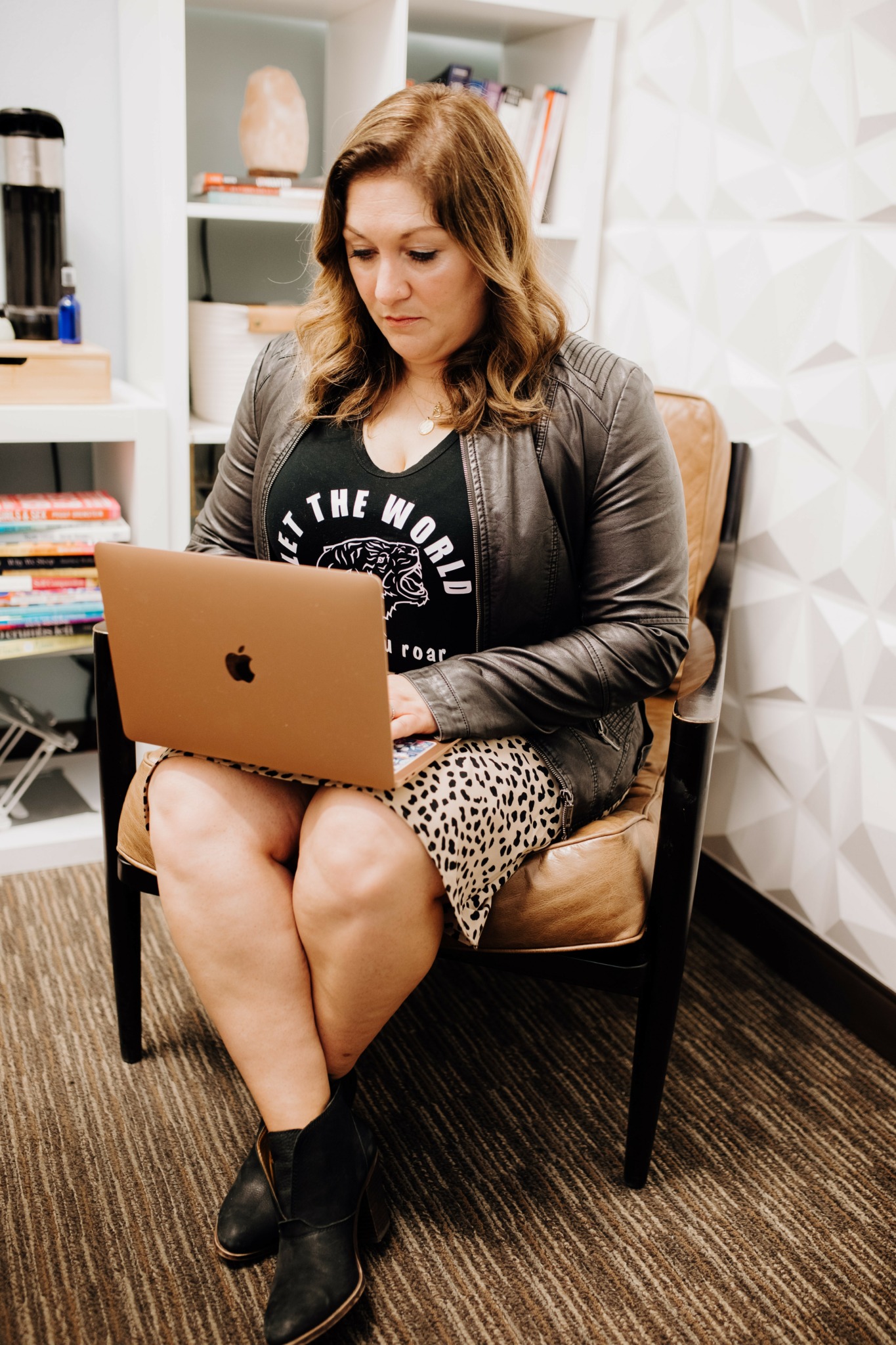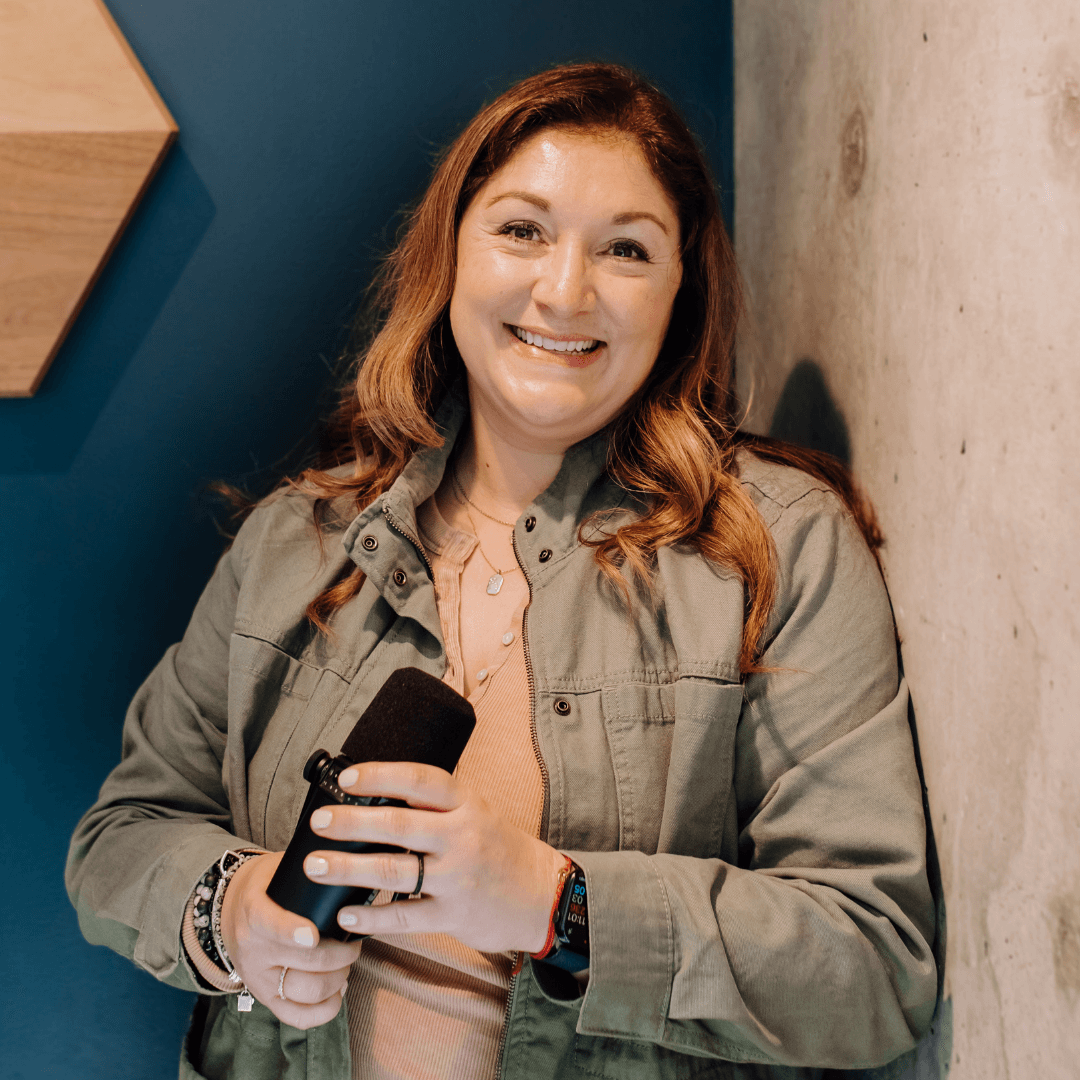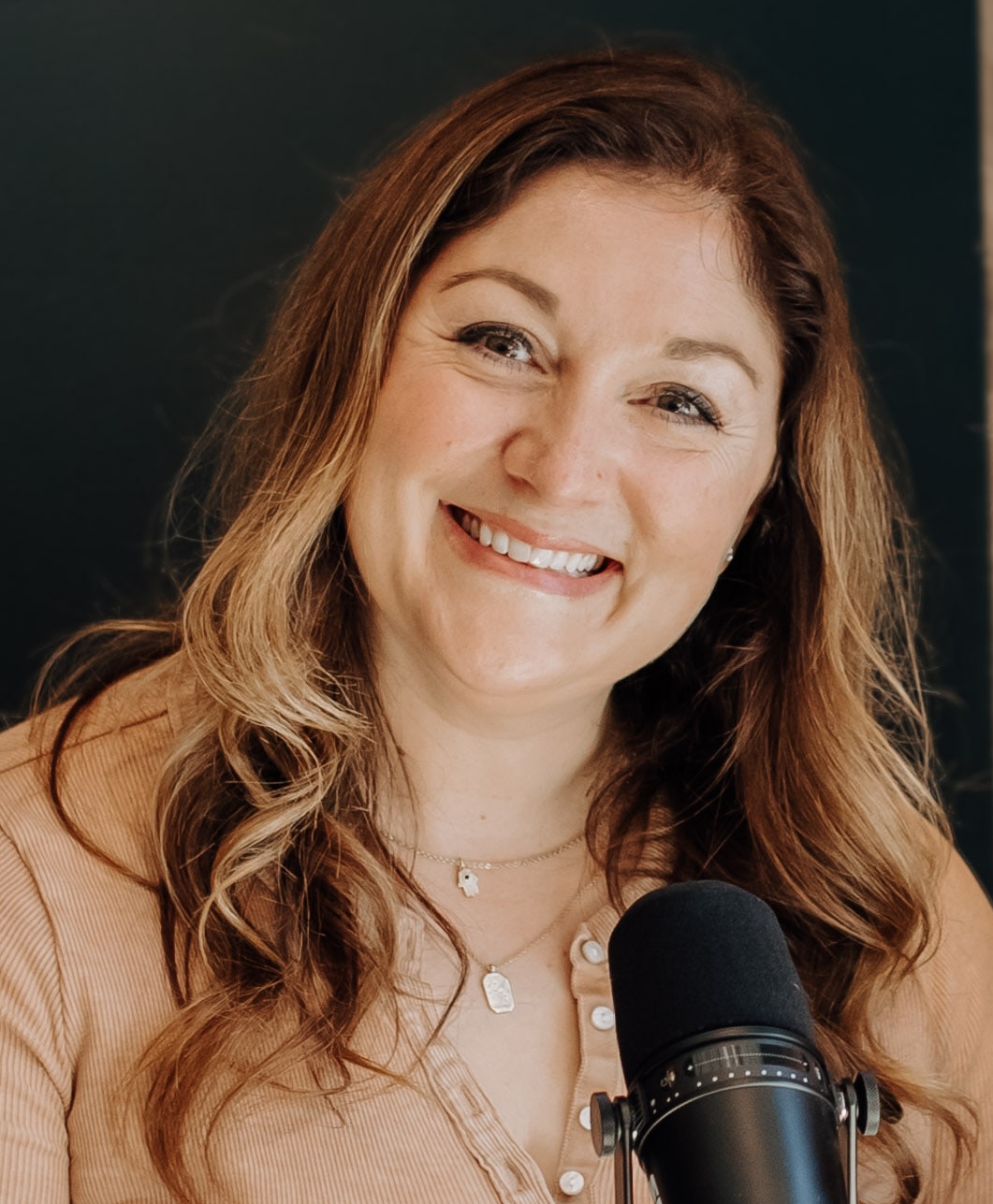We recently connected with Jessica Colarco and have shared our conversation below.
Jessica, thanks for taking the time to share your stories with us today Setting up an independent practice is a daunting endeavor. Can you talk to us about what it was like for you – what were some of the main steps, challenges, etc.
When I decided to open my own practice back in 2017, I had one driving vision: to create a warm, client-centered space where people could heal and grow. At the time I was doing contract work with a mental health agency and wanted more autonomy as well as a space that felt truly inviting, warm, and healing. I envisioned an environment where clients would feel safe the moment they walked in, and that vision gave me the courage to take the leap.
The early days were equal parts exciting and intimidating. First I had to tackle the logistics—business licensing, insurance credentialing, finding an office space, and building all the behind-the-scenes systems like scheduling, billing, and HIPAA-compliant documentation. I had never run a business before, so every step was a crash course in entrepreneurship.
One of the biggest challenges was learning how to wear all the hats. I was the therapist, the marketing team, and the office manager. To build my confidence and know-how, I devoured podcasts about private practice, reached out to other therapists for guidance, and tapped every free resource I could find to learn everything from branding to bookkeeping. I remember spending evenings figuring out electronic health records and designing a simple website while still seeing a full caseload. Financial risk was another hurdle: signing a lease and leaving the stability of agency work was scary.
Looking back, I wouldn’t change the decision to start, but I would have invested in professional support sooner—like an accountant and a solid scheduling platform. Those resources would have freed up time and reduced stress.
As my practice flourished, I looked for new ways to inspire and connect with people beyond the therapy room. In 2022, my sister and I launched the Chasing Brighter podcast to empower women and guide them in making midlife their best life. Producing the show sparked a new creative passion for podcasting and storytelling. Building on that momentum—and driven by a desire to reach even more people in the wellness space—I created Healing Is My Hobby in 2025, a podcast that blends mental health expertise with fun, real-life explorations of healing practices.
For anyone considering starting their own practice, my advice is this:
Start with your “why.” It will sustain you when the to-do list feels endless.
Learn the business side early. Systems and financial clarity free you to focus on clients.
Don’t wait for perfect. You’ll figure things out as you go—momentum matters more than perfection.
Build community. Other therapists, small-business owners, and supportive peers are invaluable.
Opening my practice was one of the best decisions of my life. It’s given me the freedom to create, grow, and now share my message through the podcast.

Awesome – so before we get into the rest of our questions, can you briefly introduce yourself to our readers.
I’m Jessica Colarco, a licensed clinical social worker and mental health therapist with over 20 years of experience helping people navigate anxiety disorders, PTSD, trauma, and major life transitions. My path to social work began in college when I spent a summer volunteering at a homeless shelter. That experience led me to agency work focused on ending homelessness, where I met incredible women who were licensed clinical social workers. Their impact and compassion inspired me to attend graduate school at the University of Pennsylvania and dedicate my career to mental health.
Today I specialize in cognitive behavioral therapy (CBT), a proven method for helping clients change unhelpful thought patterns, and brainspotting, a powerful approach for processing trauma and deep emotional wounds. My private practice, launched in 2017, offers a warm, client-centered space where people can heal, reduce anxiety, and reclaim joy. What sets my work apart is a blend of evidence-based therapy and practical, real-life strategies that fit each client’s lifestyle.
As my practice grew, I looked for new ways to inspire and connect beyond the therapy room. In 2022, my sister and I launched the Chasing Brighter podcast. Producing that show sparked a new creative passion for storytelling. Building on that momentum, I created Healing Is My Hobby in 2025. Its mission is captured in our subtitle and tagline: Exploring healing through stories, science, and soulful practices. Discover what heals you.
I’m proud of the brand I’ve built—a thriving therapy practice and two podcasts that make mental health approachable and inspiring. What moves me most is seeing tangible healing with my clients and hearing from listeners who find hope and practical tools through the shows.
For anyone meeting me or my work for the first time, I want you to know that healing is possible and doesn’t have to be intimidating. You don’t need to wait for a crisis to begin therapy or start prioritizing well-being. Every step—from therapy sessions to podcast episodes—is designed to help you heal, grow, and live your brightest life.

Any advice for growing your clientele? What’s been most effective for you?
When I first opened my private practice, I was fortunate to quickly fill my caseload through insurance referrals. However, as laws and policies surrounding insurance and diagnostic criteria evolved, I made the intentional decision to transition to a private-pay model. That shift required me to take a more entrepreneurial approach to growth.
I began by clearly defining my ideal client—the type of person I felt most fulfilled working with and whose needs aligned with my expertise. I took time to reflect on past clients and identify patterns: who I worked best with, what challenges they faced, and what outcomes they achieved. From there, I created an avatar to guide all of my marketing and messaging.
Once I knew who I wanted to serve, I aligned all my content around that client. I started writing a weekly blog, posting consistently on social media, and sending out a weekly newsletter—all designed to speak directly to my client’s pain points and needs. I applied that same strategy across both of my podcasts, tailoring each episode to topics that would resonate with my audience.
In addition to digital marketing, word-of-mouth referrals and relationship building have played a huge role in my success. Over the years, I’ve made it a priority to develop genuine relationships with colleagues, healthcare providers, and professionals in the community. These trusted connections know that when they refer someone to me, that person will be met with compassion, professionalism, and expertise. My reputation has grown through these relationships, and the referrals I receive are a reflection of the trust I’ve built in my community.
Ultimately, the most effective strategy for growing my clientele has been a combination of intentional content marketing and authentic relationship building—connecting genuinely by providing value, education, and insight that build trust. By staying consistent and client-centered in my messaging and my relationships, I’ve been able to grow a practice that feels both sustainable and deeply aligned with my mission.

Other than training/knowledge, what do you think is most helpful for succeeding in your field?
Beyond formal training, I think success in this field really comes down to building relationships and being consistent.
Therapy is relational work. It’s not just about the connection with clients, but also about fostering relationships within the professional community. I make it a priority to connect with other clinicians and create strong referral networks. I know I can’t be the right fit for everyone, and I truly believe in an abundance mindset—there’s enough for everyone. When a client’s needs fall outside my scope, I refer them to someone whose expertise better serves them. That collaboration keeps the focus on what matters most: helping people heal.
Consistency is equally important. I’ve been in practice since 2013, and what’s helped me grow and stay steady is simply showing up—returning calls and emails, maintaining professionalism, and creating a soothing, supportive space for my clients. The same principle applies to my podcasting work. Whether it’s in therapy or content creation, you have to be reliable and consistent. Listeners, like clients, come to trust your voice when you show up regularly and with authenticity. Over time, that consistency builds both credibility and community.
Contact Info:
- Website: https://jessicacolarcolcsw.com/
- Instagram: https://www.instagram.com/jessicacolarcolcsw/
- Facebook: https://www.facebook.com/hendersoncounseling
- Linkedin: https://www.linkedin.com/in/jessica-colarco-93807b84/
- Youtube: https://www.youtube.com/@healingismyhobby
- Other: https://podcasts.apple.com/us/podcast/chasing-brighter-podcast-a-midlife-guide-to-your-best-life/id1628176820
https://podcasts.apple.com/us/podcast/healing-is-my-hobby/id1839122419



Image Credits
toni patricia photography


